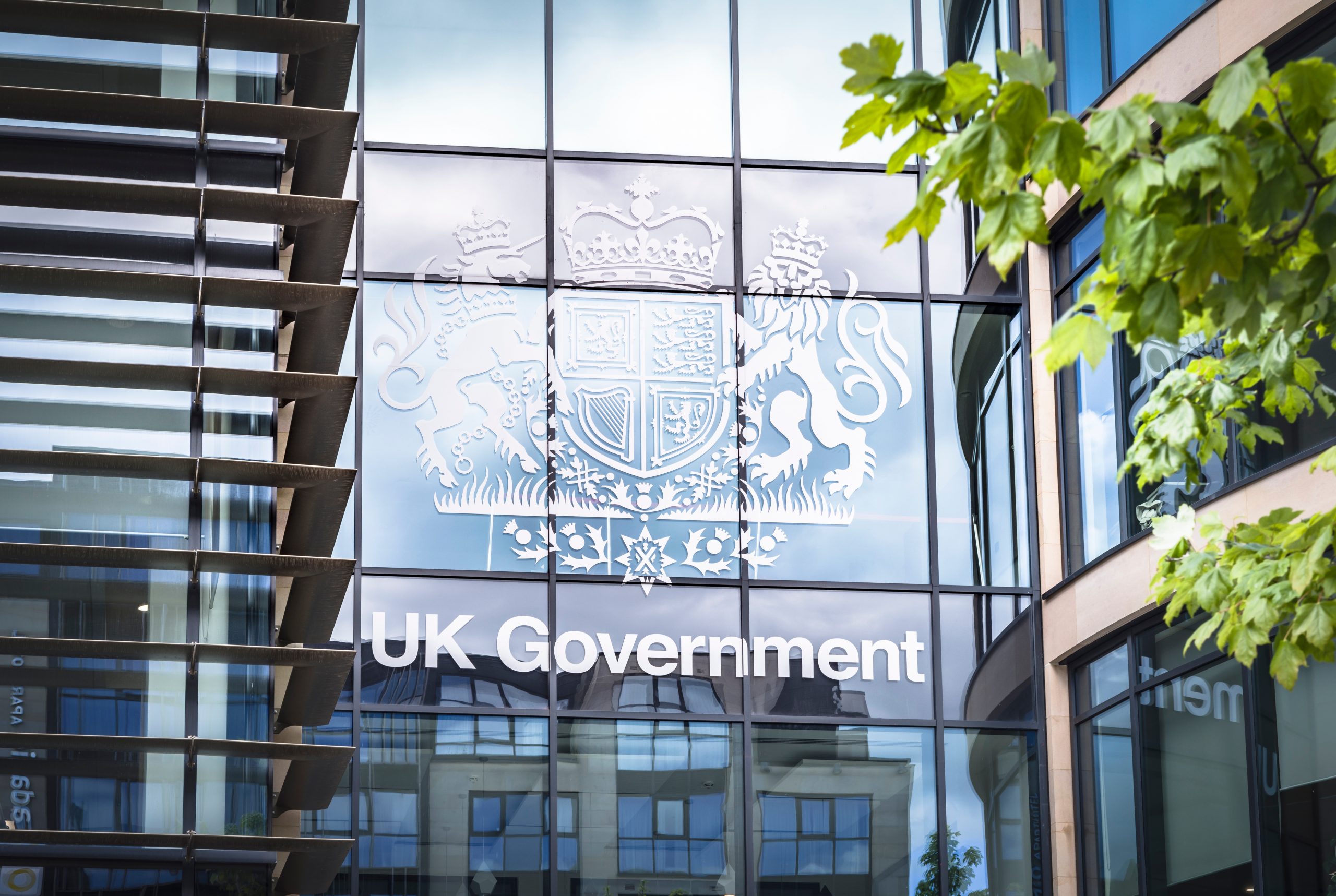The UK government has introduced significant changes to the company formation process as part of its wider effort to tackle financial crime and improve corporate transparency. These reforms, set out under the Economic Crime and Corporate Transparency Bill (2022-23), require enhanced Know Your Customer (KYC) verification for individuals and entities registering with Companies House. The move aligns with global regulatory trends focused on anti-money laundering (AML) and counter-terrorist financing (CTF) measures.
In this article, we explore what these new requirements mean for those setting up a business in the UK, the implications for corporate governance, and how businesses should prepare.
Why Have These Changes Been Introduced?
The UK government has long been a global financial hub, and with that prominence comes the risk of exploitation for illicit purposes. Historically, Companies House has been criticised for lacking robust checks on the legitimacy of company directors and shareholders, making it relatively easy for individuals to conceal their true identity or intentions when setting up a business.
This regulatory gap has been exploited by individuals and groups involved in money laundering, fraud, and other financial crimes. The new KYC rules are part of a broader initiative to tighten the country’s financial defences against such activities and bolster trust in UK corporate structures.
What Are the Key Changes?
The most notable aspect of the new regulations is the introduction of mandatory identity verification for anyone registering with Companies House. This affects company directors, persons with significant control (PSCs), and agents acting on behalf of companies. Key changes include:
- Identity Verification Requirement: All individuals registering a new company or taking control of an existing entity will need to undergo identity verification. This process mirrors KYC procedures already familiar in the financial services sector. Directors, PSCs, and officers of the company will be required to verify their identities, providing proof of ID, such as a passport or driving licence, and proof of address. Verification may be completed via Companies House directly or through an authorised agent.
- Increased Disclosure Obligations: Companies will now need to disclose additional information about their beneficial owners, reducing opportunities for hidden ownership structures. This information will be scrutinised more closely to ensure compliance with AML and CTF regulations.
- Digital Submissions: The move towards digital verification is designed to improve efficiency, but it also places an emphasis on the need for businesses to adopt more stringent data protection and cyber-security measures. Companies House aims to process and verify this information quickly, meaning that in most cases, registration processes should not face significant delays.
- Sanctions and Enforcement: Failure to comply with these new regulations can lead to penalties, including criminal charges. Companies or individuals found providing false information or failing to complete identity checks could face fines, restrictions on their ability to operate, or, in severe cases, disqualification from directorship roles.
Implications for Businesses
For those in the process of establishing a new company in the UK, these changes mark a significant shift in administrative procedures. Where company formation was previously seen as relatively straightforward, the additional KYC steps will require both new businesses and existing companies making changes to their structure to engage with more rigorous verification processes.
For larger firms, compliance may already be embedded within their corporate frameworks, especially for those with international operations. However, start-ups and small businesses may find the process burdensome if they are unfamiliar with KYC protocols.
Furthermore, authorised agents, such as legal and accounting professionals, who frequently assist in company formations, must also comply with these rules. Those acting on behalf of new entities will need to be aware of their additional responsibilities in verifying identities and ensuring accurate records are maintained.
What Should Companies Do to Prepare?
- Understand the New Requirements: Businesses should familiarise themselves with the specific KYC documentation required for directors and shareholders. This will prevent delays or rejections during the company formation process.
- Ensure Data Security and Compliance: The increased reliance on digital verification means that companies must take a proactive approach to data security. Businesses will need to ensure that sensitive documents, such as passports and proof of address, are stored securely and that they comply with GDPR and other data protection standards.
- Plan for Timelines: While the new digital systems are designed to be efficient, businesses should account for the possibility of delays due to the verification process. Establishing contact with authorised agents who are familiar with the new regulations will ensure smoother navigation of these processes.
- Review Corporate Governance Structures: Existing companies should review their corporate governance structures, particularly in terms of beneficial ownership and PSC registrations. Any failure to disclose significant control can result in penalties, so it’s critical to ensure that all records are accurate and up to date.
Conclusion
The introduction of KYC requirements at Companies House is a landmark shift for the UK’s corporate landscape. While the reforms may introduce more complexity into the company formation process, they are a necessary response to the evolving threats of financial crime and corporate misconduct. Companies operating in the UK, especially start-ups and smaller entities, will need to adjust to these new regulatory demands.
By ensuring compliance from the outset, businesses can avoid costly delays, protect their reputations, and contribute to a more transparent and trustworthy corporate environment.
For expert advice on navigating these changes and preparing your company for compliance with the new regulations, Hagan Smith offers comprehensive guidance on company formation and corporate governance. Get in touch today for tailored support.
Colin Johnston
Risk and Compliance Specialist, Hagan Smith

